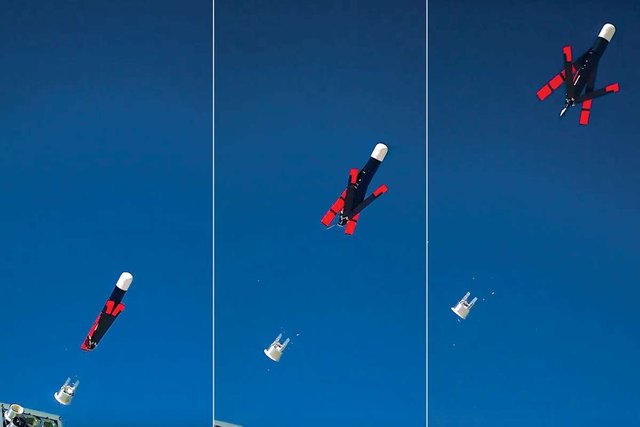# 186: Science Highlights Daily | 2019-02-16
This is a curated articles about the latest discoveries in science and interesting articles tackling technology and society.

AI autotune makes your terrible karaoke singing more tolerable: Chris Baraniuk

Fears of OpenAI’s super-trolling artificial intelligence are overblown: Douglas Heaven

A dialect quiz shows we still cling to our regional identities: Sam Wong

The children striking over climate change speak to New Scientist: Graham Lawton

Russia’s plan to unplug from the internet shows cyberwar is escalating: James Ball

Meet the man who made CRISPR monkey clones to study depression: Yvaine Ye

No plugs needed: How wireless charging could set electric cars free: Michael Le Page

The US plans to launch swarms of attack drones from robo-submarines: David Hambling

AI has helped rescue children trafficked for sexual exploitation: Donna Lu
